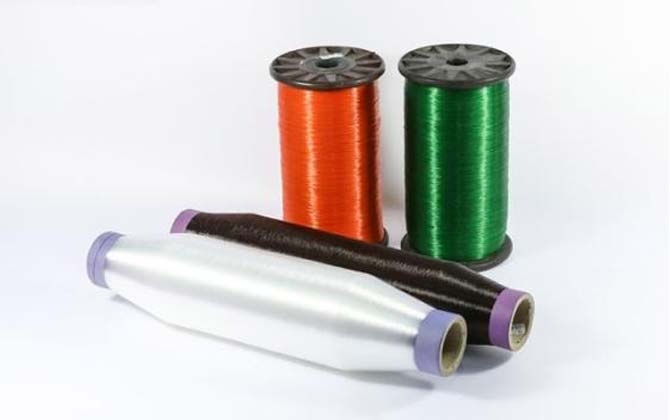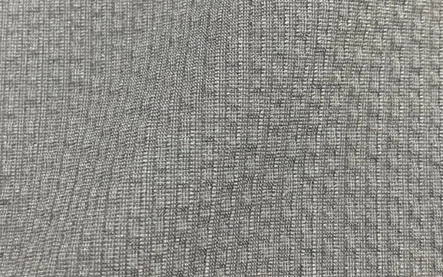


A consortium of five Egyptian researchers have developed the world's first high-performance fibers and reinforcements extracted from the byproducts of pruning of date palms, such as frond and fruit stalks, also known as PalmFil. The fiber is not only sustainable, but also economical in manufacturing, compatible with textile and composite processing and offers the properties needed for lightweight cars of the future, according to the consortium.
"In the 1980's the shift from natural fibers to manmade fibers was mainly to bridge the gap between the increasing demand for textile fibers and the limited supply of natural fibers," said Mohamad Midani, Ph.D., a partner in the PalmFil Consortium. "In order to reverse this shift, there is a need to explore more sources of natural fibers and increase the biodiversity of fiber crops.
This is actually what we did. There are more than 140 million date palms mostly concentrated in the Middle East and North Africa, generating yearly more than 4.8 million tons (dry wt.) byproducts of pruning regarded as agriculture waste. This represented a burden on palm growers, and was the main cause of fire accidents and infestation by dangerous insects. Those byproducts could otherwise be transformed into 1.3 million tons/year natural textile fibers, ranking third after cotton and jute."
The project has demonstrated a cellulose carbamate technology that allows the transformation of textile waste into cost-efficient, cotton-like Infinna fibers with superior qualities, said Paula Sarsama of Finland's Infinited Fiber Company, one of the project's participants and the lead innovator.
PalmFil contributes to the circular bioeconomy following a closed-loop cycle from cradle to cradle.
We Value Your Privacy.
Our website uses cookies to improve your experience. By clicking "Accept All Cookies", you agree to the storing of cookies on your device to enhance site navigation, analyze site usage, and assist in our marketing efforts.
 English
English 日本語
日本語 한국어
한국어 français
français Deutsch
Deutsch Español
Español italiano
italiano русский
русский português
português العربية
العربية tiếng việt
tiếng việt





